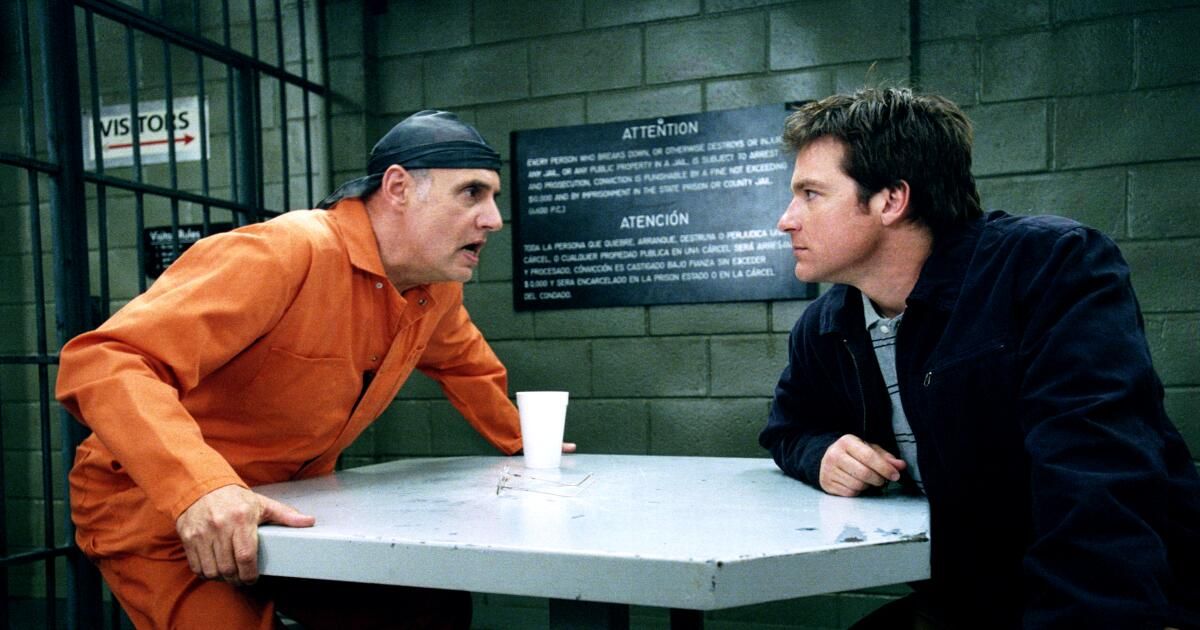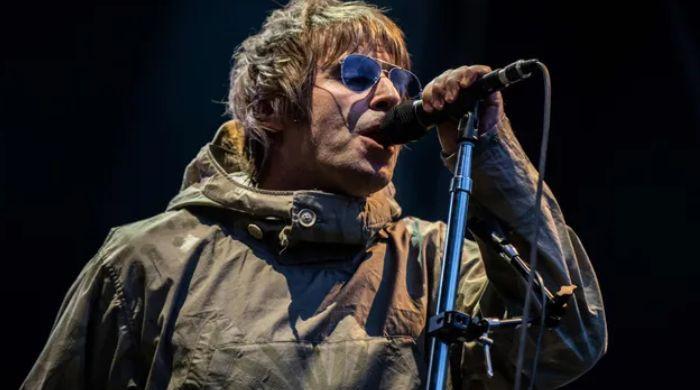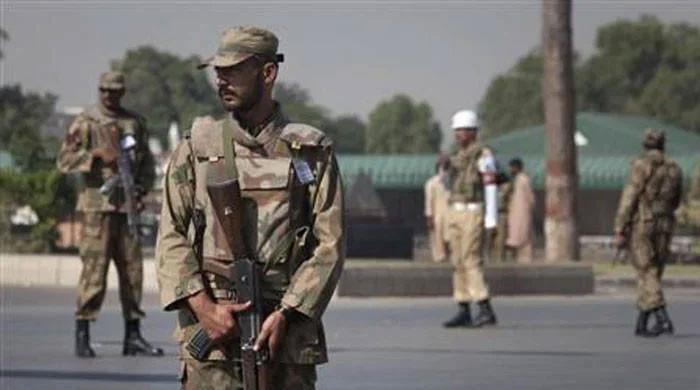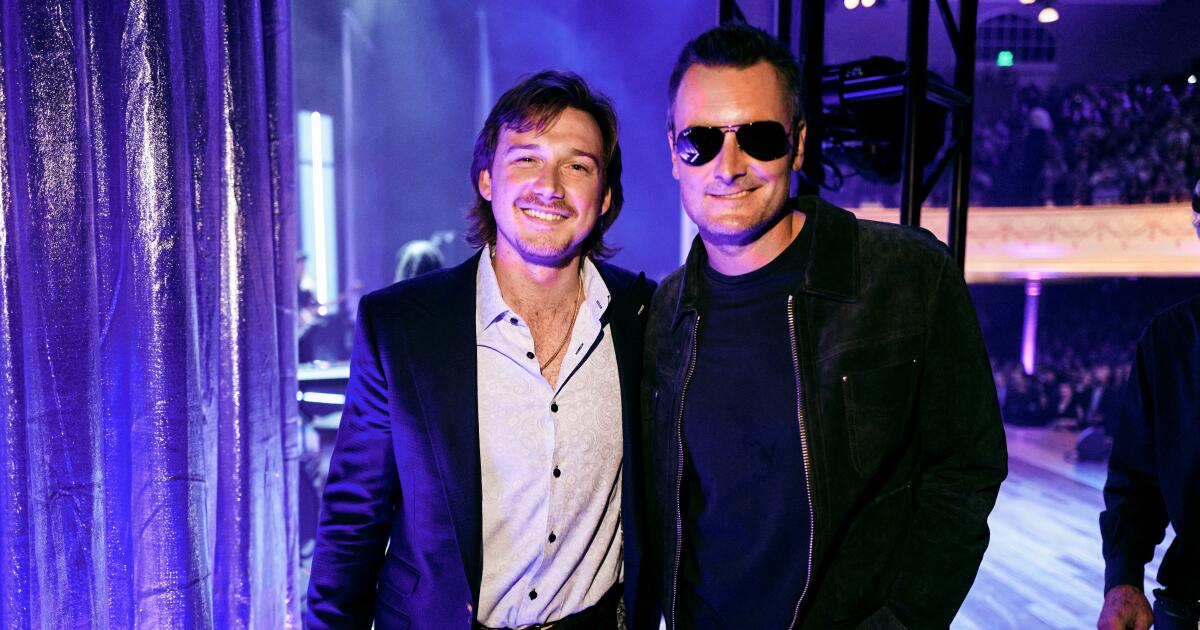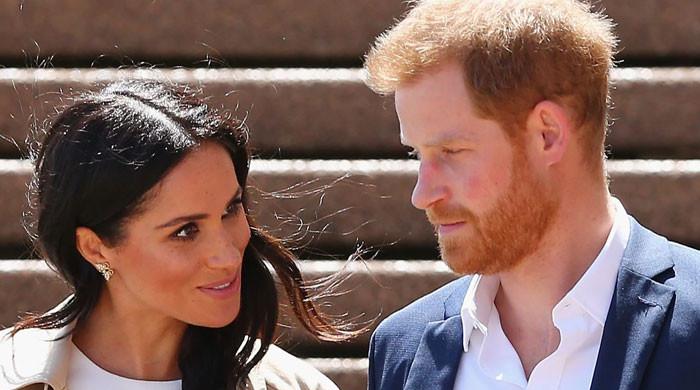In “Inside the Episode,” the writers and directors reflect on the making of their Emmy-winning episodes.
“Now it’s the story of a wealthy family who lost everything and a son who had no choice but to keep them all together. It’s ‘Arrested Development.’”
Narrator Ron Howard’s comments during the opening credits of Mitch Hurwitz’s Fox sitcom told audiences everything they needed to know: It was a family comedy in the most liberal definition of the term; it was a “riches to rags” story at a time when the American economy was doing pretty well; and it was a show that reveled in wordplay.
“Arrested Development” would become a beloved, canceled-too-soon series (later revived on Netflix) and a connecting thread between Mario Puzo’s Corleone family in “The Godfather” and Jesse Armstrong’s Roy media dynasty in HBO’s “Succession.”
And it was a professional rehabilitation for lead Jason Bateman, who played Michael Bluth (the aforementioned “only son”), as much as it was a star-making vehicle for actors like Will Arnett (who plays older brother Job) and Michael Cera (Michael's son, George Michael).
“These actors do amazing things, but in the middle of their name it keeps saying ‘Arrested Development.’ I don’t remember it saying ‘Bill ‘My Favorite Martian’ Bixby,’” creator Hurwitz says earnestly during a recent Zoom call. “I think it sounds a little indie.”
Hurwitz won the best comedy Emmy in 2004 for his work on the “Arrested Development” pilot. Now, 20 years later, in an interview that has been edited and condensed for clarity, he recalls the mockumentary that wasn’t really a mockumentary and the Orange County Bluth family, whom they both love and hate (or maybe hate and love?).
Mitch Hurwitz won an Emmy in 2004 for writing the pilot for “Arrested Development.”
(Kevork Djansezian/Associated Press)
Was the show about to be cancelled before the Emmy nominations came out?
We were always on the verge of cancellation. I think Rupert Murdoch said that. [the chairman and chief executive of what was then Fox’s parent company, News Corp.] He actually liked the show, but he didn't think it was a Fox show, it was an HBO show. And what I liked about doing it at Fox was trying to make an HBO-type show that people would watch for free. I liked the common man part of that.
If you were in premium channel HBO, your characters would have known how to curse.
It's not that we were too eager to swear, but it was fun to swear things. The funny thing is that [the network’s] The rules and practices are just made up. It's not like they go through the House or the Senate or anything. It's just that we thought we wouldn't get sued so we had to cover our mouths. We couldn't see our lips move. [But] You could say “lip flap” on TV, which I thought was a violation of their whole ethics.
So when Jeffrey Tambor[George] was under house arrest [later in the series]There were all these sensors around the apartment, so I couldn't get out. And [Tony Hale’s] Buster walked into the kitchen and saw that the refrigerator had been taken out and [George] He was going to go through the walls and try to get out of the house. Buster had the line, “Oh no, when Mommy sees that, she's going to burst a cow,” which is a funny combination. But the [narrator’s] voice-over, which was totally [coincidental]just before it happened, “and that's when Buster found his way between the sensors.”
Howard is an executive producer on the series and was involved in its development. But how did he come up with the idea of narrating it as well?
I was trying to create a show that felt like it was already on. I liked the idea of this really dispassionate observer who would just say what was really going on. There was going to be no moralizing or anything, and he would just say it in a very flat, “Frontline” kind of voice. And it occurred to me that Ron is one of the most reliable voices. He was the most likable character on “Arrested Development”; he and [Cera’s] Jorge Miguel.
It was also a little bit tricky because, at that time, we didn't have a big star. And I'd done shows that were star-based, and it had been a challenge in many ways. I wanted to do something that was story-driven. But you need stars, and in a way, Ron was that star.
The show also has a mockumentary style to it. This was in the early 2000s, when everyone was raving about the British version of “The Office.” Did you try to reference that intentionally?
The concept I wanted to make was a full-on documentary, an awareness of the cameras that were there. I wanted to have scenes where the cameras came too late and you could see the camera running down the street and catching up at the end of the conversation. And I wanted to have direct-to-camera testimonies. And then I saw the British series “The Office,” which is a brilliant show, and I thought, “Well, I can’t do this now.” And it turns out that you can do it And the people are still Doing it.
I think there's one thing in one episode where Michael does look at the camera. But to make it more realistic, he looks past the camera and at the cameraman.
The other documentary element that I had in the pilot, and that just disappeared, was that I had a brother who didn't want to appear on camera. It was very light. [said] in the pilot… [with a line that says something like] “You kids and your brother.” I wanted to have all the photos in the house. [with] Only one character fades away. Little by little you realise that he wants nothing to do with this documentary.
And they were going to call him “Mark.” And I think the joke was going to be that he had this big Gorbachev wine stain on his head. So his name wasn’t “Mark.” It was just what the family called him. I wanted it to be that way. [played by] Greg Kinnear (born 10 June 1961) is a former member of the Northern Ireland Democratic Party.
You said that this cast didn't have any big stars, but the series had a lot of well-known actors. I guess… Henry Winklerwho played the family's clumsy defense attorney, Barry ZuckerkornHe was chosen because he had worked with Howard on “Happy Days.”
I suggested Henry because of Ron. We had done a few episodes before this one. [character appears]And I remember Jason took me aside, and we hadn't even filmed anything yet, and [he] He said, “You hired Henry? I thought we were going to do something cinematic and we were going to try to do something subtle and independent.” I was a little worried about the auspices of television. And then Henry came along and he had a six-page scene where he had to speak and dominate, and he was hilarious. Jason, to his credit, came right up and said, “I can’t believe I just said that.”
I actually did the same thing with Jason.
I had seen his name and thought that Fox would insist on hiring him. And he had done all these sitcoms, and that would be what would make them feel like this is safe. And so I didn't like him on that level. But at no point did I know anything about his acting. And then he comes along and it's Jason Bateman. He's so real. And so funny. And so dry. And so present in a scene.
People might have misjudged too Portia de Rossiwho played Lindsay, Bluth's sister. Her best-known character before this, the intelligent and ambitious In it On Fox’s “Ally McBeal,” she looked nothing like Lindsay.
That's not how I saw the character. [was envisioning] The character of Aida Turturro in “The Sopranos.” I think she was actually going to be a fake bohemian, because she lived in Boston for a while and changed her appearance. And it made sense that Maeby’s character [Lindsay’s daughter, played by Alia Shawkat] She was going to completely baffle her mother by entering beauty pageants, and she was going to rebel by becoming a Christian.
Was there room for improvisation? Both Cross of Davidwho played Lindsay's husband., Tobiasand Arnett have ties to that world.
It was so focused on the story that there wasn't really much room for improvisation… There was a brief flashback of something like David Cross trying on some shorts and saying, “Do these effectively hide the thunder from me?” That wasn't in the script. So you can sneak things like that in. I think what was a challenge for the actors was that you had to cover all these story points. It was a complicated thing to weave into 20 minutes and for some reason I just had it in my head that every character needed to be represented in every episode.
We haven't talked about Buster, the Bluth kid that nobody takes seriously. This was also the role that gave birth to Hale.
He sent a tape because he was in New York. A lot of these guys who came on tape—Michael Cera did, too—were so funny you couldn't tell if they were being funny.
Now people have lights and a whole setup. But if I recall correctly, Michael Cera is in his parents' bedroom, and he's saying his lines and his eyes are darting around in all directions. And I remember Ron saying, “I don't think he's doing anything.” But the fact that he sent it to us… I think he might have been doing something?
In Tony Hale's case, he was too close to the camera and he was swinging. What was written in the script is that Buster goes up to Michael and gives him a massage, but you couldn't see it. You just saw a guy swinging. But we flew him in. [to audition in person]And he was nervous. And this is a great acting lesson, because he used his nervousness for his character.
ANDYou worked with Tambor on the comedy “Everything is Relative.”
When I was writing it, it was just going to be a cameo. I actually think it's a similarity to “Succession.” I think they discovered the same thing I did. Because when you watch the pilot of “Succession,” Brian Cox[‘s patriarch Logan Roy] He's just peeing in the hallway.
I had the same plan. I thought, “Okay, we’ll just put this patriarch in prison and be done with it. Now we can have the family and the kids there.” No, you need the sand from the oyster to make the pearl.
My husband used to joke that Jessica Walterwho played the steely matriarch Lucille, was doing a heightened version of Emily Gilmore by Kelly Bishop from “Gilmore Girls.”
(Laughs) I don't think Jessica knew she was playing Jessica, but there was very little separation. She had brought Jill Clayburgh [who also was in “Everything’s Relative” and] She had never auditioned for anything and they were auditioning her. And Jill is so lovely and so attractive. And she read it and she got kind of nervous. [with the dialogue, whereas Walter’s delivery is more jaded].
I remember turning around after she left to look at Peter Chernin. [then-president and chief operating officer of News Corp. and chairman and CEO of the Fox Group]And he just said, “No. She's not this woman.” I looked at David Nevins, who was the executive producer, and his eyes landed on my forehead, which was sweating.
We didn't have Gob yet and Peter said, “Mitch, you don't have your brother or your mother. This is how pilots go.”
The casting director, Deb Barylski, jumped out of her seat and said, “I have Jessica Walter on tape, but I don’t have the tape with me.” And I said, “And she’s amazing.” At that point, I don’t think I knew who Jessica Walter was.

